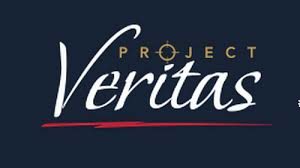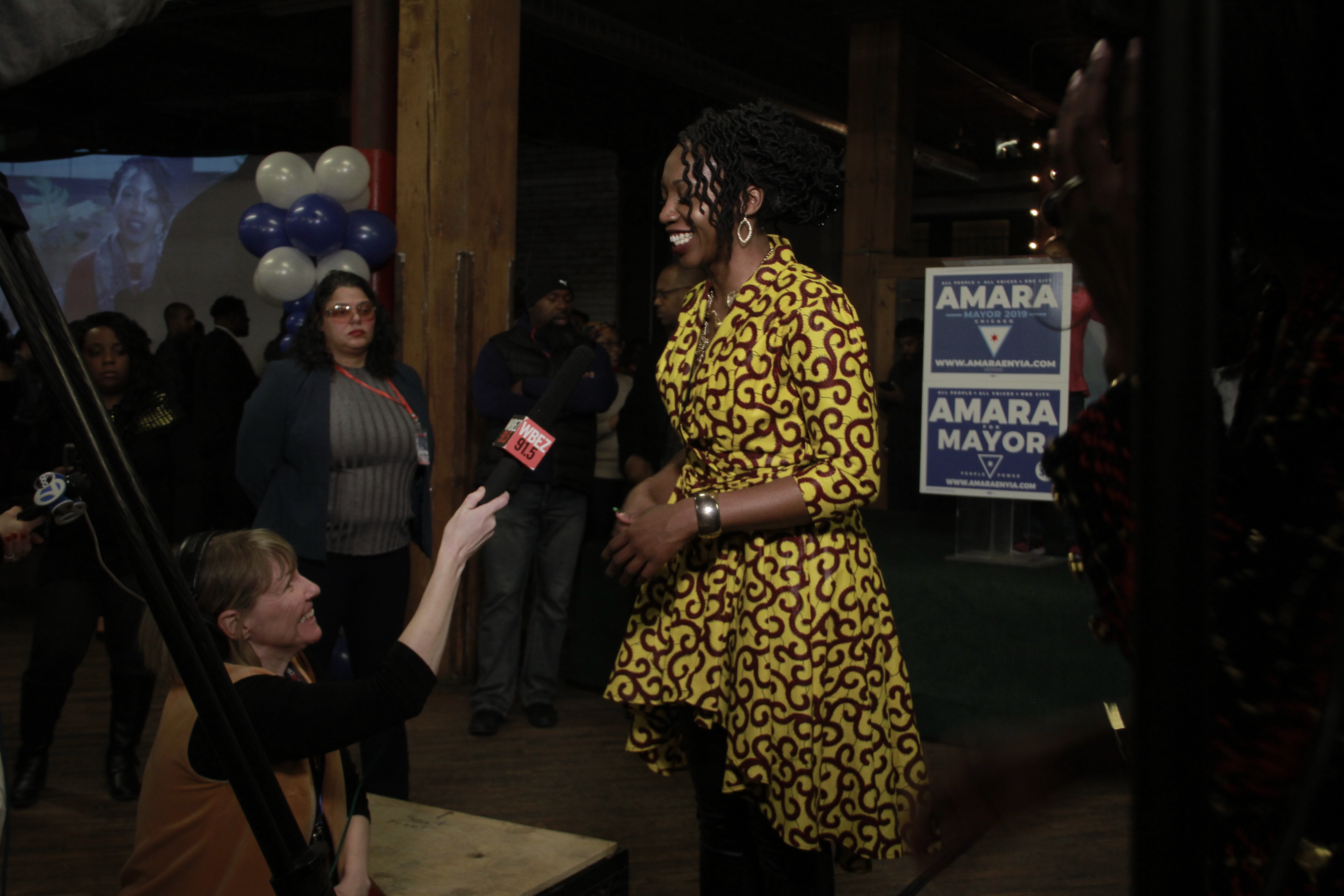Project Veritas and the Changing Face of Fake News
Project Veritas released videos from Missouri Senator Claire McCaskill’s re-election campaign only weeks before the election. In the sting, an individual from Project Veritas feigned interest in supporting McCaskill’s campaign as a volunteer. Throughout the summer, the Project Veritas employee interned for McCaskill, using the opportunity to secretly record conversations with other staffers and McCaskill herself.
 The undercover operation revealed campaign staffers discussing payments from Planned Parenthood hidden through intermediaries in order to keep the votes of anti-abortion Democrats. Another video showed McCaskill supporting gun restrictions more liberally than she professed publicly in her campaign. One video featured a staffer directly comparing McCaskill and former President Obama’s political views, saying they have the same views on most everything.
The undercover operation revealed campaign staffers discussing payments from Planned Parenthood hidden through intermediaries in order to keep the votes of anti-abortion Democrats. Another video showed McCaskill supporting gun restrictions more liberally than she professed publicly in her campaign. One video featured a staffer directly comparing McCaskill and former President Obama’s political views, saying they have the same views on most everything.
The sentiments revealed in the videos may have had a damning effect on McCaskill’s campaign. On election day, Attorney General Josh Hawley took McCaskill’s seat. In an article from STL Today, a reporter quoted voters who changed their mind from McCaskill to Hawley because of the Project Veritas expose.
“I wanted Claire to lose because I’m tired of her dishonesty, pretending to be a centrist when she strongly supported a leftist agenda,” one voter told STL Today.
Hawley did not denounce the undercover operation. Instead, he took to Twitter to use the negative publicity to his advantage.
“The contempt for Missouri voters on display here by @clairemc and her entire team is nothing short of remarkable,” Hawley posted to Twitter on October 17.
Undercover operations like Project Veritas have long been debated in the field of journalism. Journalism ethics codes say undercover journalism is ethical only if it is the only way to get a story. The Chicago Sun-Times Mirage operation four decades is a good example because opening a bar in Chicago was the only way to prove that city inspectors were taking bribes.
But Project Veritas is different. It uses undercover operations as a first resort and it pursues them as part of a political agenda.
Partisan journalism
James O’Keefe started Project Veritas. The website claims that the goals of the group are “to investigate and expose institutional waste, fraud, abuse, and other misconduct in order to create a more ethical and transparent society.” But O’Keefe’s undercover operations support only one side of government, one policy, one kind of politician. It is here that Project Veritas does not stand as a journalistic organization.
In his book “American Pravda” O’Keefe prides himself in the results that the organization produces from their undercover operations. A few examples he provides are the termination of two NPR executives, embarrassing CNN by showing staff mocking their own coverage on Russia, the termination of two high-level Democratic operatives during the 2016 presidential campaign and more.
The group is also accused of attempting to discredit sexual assault allegations made by women by advertising a false sexual assault allegation aimed at Roy Moore. But the Washington Post was not tricked by that operation.
Project Veritas is perhaps most well-known for undercover videos from Planned Parenthood that claimed the contraception and abortion rights organization was violating the law by selling fetal body parts. No charges were filed against Planned Parenthood.
Excellent journalists do find top-level stories and expose the truth about them. Project Veritas seems to only consider influencing political outcomes, though. O’Keefe’s open pride in affecting the employment of several individuals in leadership for various liberal media outlets, his hand in influencing political elections, or even influencing public opinion on abortion are striking. Conducting guerrilla journalism that seeks to expose only liberals and Democrats is inherently ideological.
Project Veritas’ questionable motives in their reporting pose an even greater ethical dilemma than the questions raised by undercover exposes. Should ideological biases drive reporting? Should reporters seek to influence policy? Does this count as journalism at all? O’Keefe directly addresses accusations like this in his book, saying that his organization has no intended political affiliation or ideological goals.
Fighting fake with fake
Project Veritas poses another ethical dilemma as a self-proclaimed journalistic organization. In O’Keefe’s book, he depicts the group as a loyal seeker of truth in the era of fake news. This position is problematic. First, for a journalistic organization to proclaim itself an alternative to fake news is to give credence to the false yet popular idea that news sources are widely fake. O’Keefe does not do journalism any favors by positioning himself this way.
Project Veritas also has an issue standing as a credible source on its own. The organization publicized a false story about a woman named Jaime Phillips who claimed to have had an abortion after a sexual encounter with Roy Moore. Investigative journalists found that she was paid on a GoFundMe page where she posted that she was working in the conservative media movement to combat the lies and deceit of the liberal mainstream media and was later seen walking into a Project Veritas office.
For a news organization that has gained national attention and conservative support to pose itself as the protector of truth while published false stories is deceitful and dangerous. The answer to the frenzy of fake news is not to make journalism seem to be more of an enemy. Undercover reporting with political biases is not the answer. As the nation works through its suspicions of the media, it will be journalists, not political provocateurs who help find answers.

